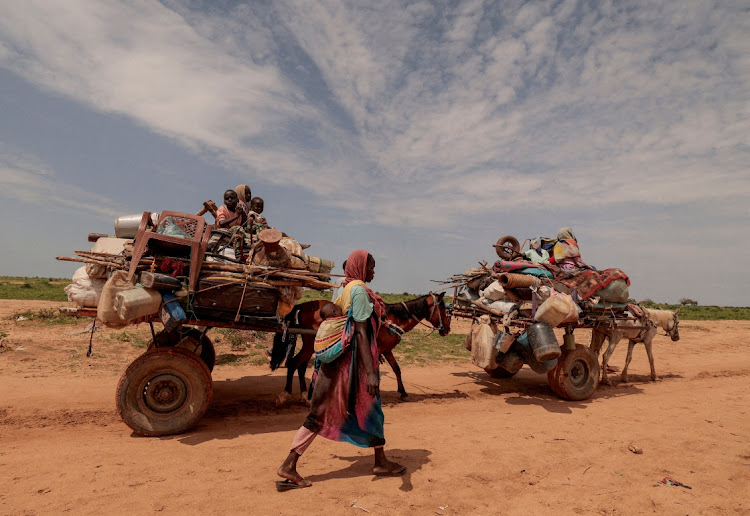Despite international mandates for gender equality and employment discrimination protection, the report finds that women in informal cross-border trade continue to face various forms of discrimination and violence, which are frequently perpetrated by both state and non-state actors.
Women engaged in informal cross-border trade experience alarming rates of gender-based violence spanning economic, sexual, and physical abuse, according to research by Amnesty International.
It said this infringes on their right to security and hampers their enjoyment of other fundamental human rights, including the right to decent work.
Despite international mandates for gender equality and employment discrimination protection, the report finds that women in informal cross-border trade continue to face various forms of discrimination and violence, which are frequently perpetrated by state and non-state actors.
It said state agents, such as border officials, are reported to be among the perpetrators, subjecting women to harassment, intrusive searches, and even sexual exploitation.
Marking International Women’s Day, Amnesty International launched a report titled “Cross Border is our Livelihood; it is our Job” — Decent Work as a Human Right for Informal Cross Border Traders in Southern Africa.
In the report, it documents the experiences of women cross-border traders in Malawi, Zambia and Zimbabwe, and exposes the continuing violations of their rights to decent work and economic participation within the historical and economic context of the region.
The report highlights the critical importance of recognising decent work as a human right for informal cross-border traders in Southern Africa.
It reveals that women face risks from criminal groups like “amagumaguma” gangs that operate along porous borders and target vulnerable individuals attempting to cross irregularly.
Evidence suggests that women involved in informal cross-border trade may be at heightened risk of intimate partner violence (IPV), driven by economic tensions within homes and gender norms, it says.
“Reports from women indicate that suspicions of infidelity and prolonged separations contribute to the occurrence of IPV within relationships.
“Additionally, within the complex dynamics of informal cross-border trade, transactional sexual relationships are also observed, adding another layer of vulnerability for women traders. These relationships, often driven by economic necessity, can subject women to exploitation and coercion, compromising their autonomy and wellbeing,” it said.
It said the prevalence of human rights violations against women in informal cross-border trade was worsened by limited access to justice.
“Despite international legal frameworks guaranteeing the right to seek remedies for rights violations, women traders often face significant barriers in accessing legal redress. Challenges include perceived or real corruption within law enforcement agencies, long distances to police stations, and the lengthy nature of legal proceedings,” it said.
The report also reveals that the failure by states to fulfil the right to social security, particularly for informal cross-border traders remains a significant challenge.
“Despite international recognition of social security as an essential component of the right to work, many women engaged in informal trade across borders face formidable obstacles in accessing these protections.”
Amnesty International recommended measures to address gender-based violence experienced by women engaged in cross-border trade.
It said the measures should include implementing specialised training programmes for border officials, with a focus on human rights, gender equality and the specific needs of informal cross-border traders


